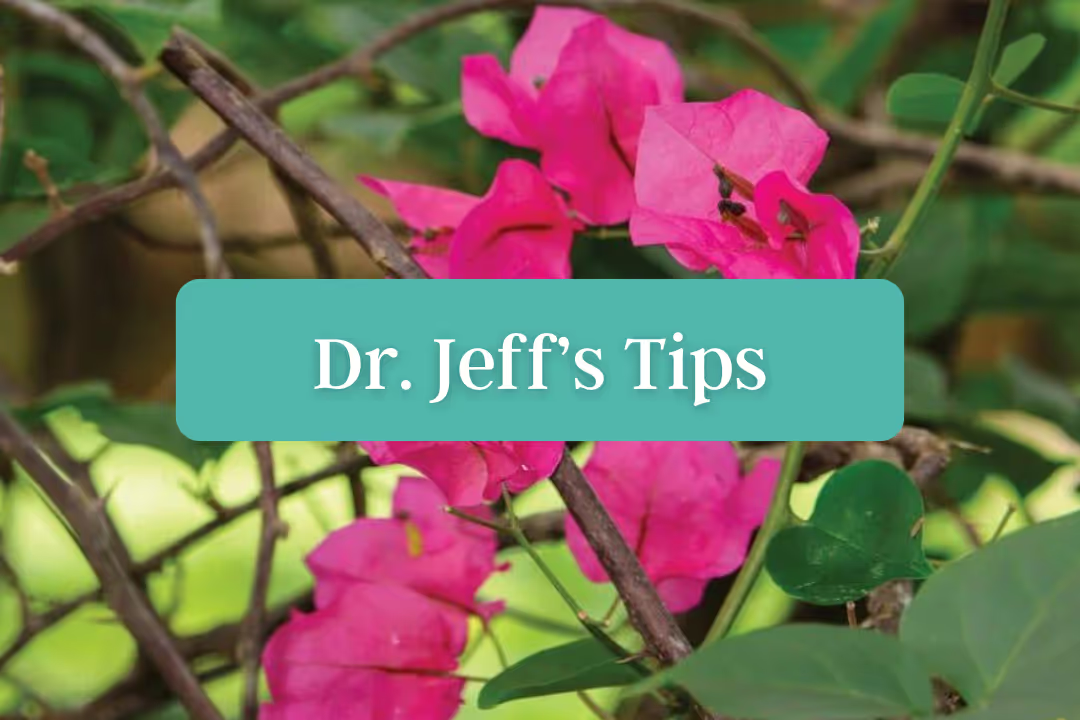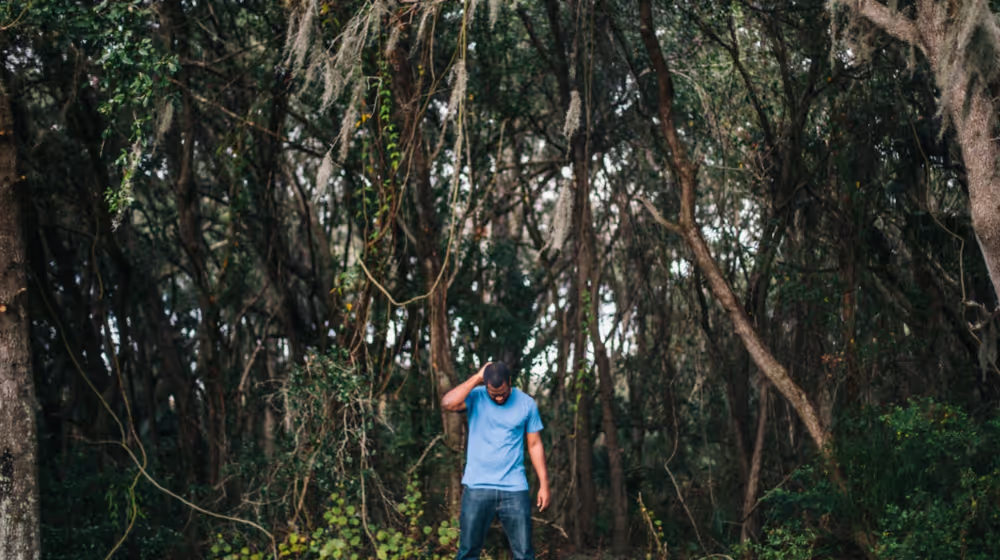Empath Strategies with Dr. Jeff



Many guests that come to Rythmia are in healing professions or are natural empaths whom friends and family come to for advice and emotional comfort. Often, empaths feel overwhelmed, anxious, and depressed and can fall into drug or alcohol abuse because they are confused about how to deal with their emotional baggage.
Empathy as a Survival Tool
Abandonment issues, abuse, or past trauma are common experiences for empaths who've adapted certain survival traits over their lifetime. For example, when kids feel rejected, they develop tools to navigate their lives safely and cautiously. The awareness and consciousness of a five-year-old will identify that their environment is unstable, unpredictable, and unsafe. The best way they handle that situation is by removing emotions from themselves, pushing them off to the side, and becoming open vessels to receive the projection of other people and absorb their energy so they can identify if the circumstances around them are safe or not.
A child absorbs their environment to avoid dangerous predicaments like unstable parents, angry neighbors, and bullies. If caregivers aren't protecting their children, kids adapt to protect themselves and navigate their world. Being empathic is a valuable tool in an unsafe environment. For example, if a dad is abusive, has an alcohol addiction, and comes home angry, the child feels the unstable situation and avoids the problem by hiding in his room.
When we learn this strategy during our most developmental stages, from ages 0 to 12, it can get locked into our long-term behaviors while navigating in school, the workplace, social scenarios, and with friends and strangers. We learn to remove our emotional state and open ourselves to absorbing energy from our surroundings to know if they're safe or unsafe. A lifetime of this creates a disconnect within ourselves. Later, we get to a point where we don’t know who we are because we’ve absorbed everyone else’s energy our whole lives. Empaths often take medications, do long-term therapy, and supplement with drugs and alcohol to deal with the internal bombardment of everyone else’s emotions. They need to reconnect with their authentic self and shed the baggage of other people's emotional weight.
How Can Empaths Safeguard Themselves?
Empaths need to be aware that they are absorbing the projections of others. Often, people who are dysfunctional, sociopathic, emotionally unstable, or have personality disorders don't have the tools to deal with their emotions. They are looking for targets to project onto, and empaths have that green light above their heads. Empathetic people tend to have unstable friends, and the friendship feels like a one-way street. Emotionally unstable friends will feel amazing after being around you, but you will feel bombarded, overwhelmed, anxious, and sad. It's not healthy to absorb and hold onto other people's emotions.
I amplified my empath abilities growing up in the northeast of Los Angeles in the '70s, a rough environment with drugs, gangs, and violence. I learned that if I can unplug from myself and absorb the emotions of the environment and people around me, I will know who's safe and who's not, and I can run and hide if I need to. As I progressed as an adult and used this survival strategy, I would absorb people's energy to the point where I was utterly overwhelmed. I went into the clinical field of psychology because I was naturally good at helping people with their problems. I was good at absorbing energy as an empath because I also had to do it as a kid to survive. I worked at a facility in Los Angeles called the Sexual Recovery Institute for non-violent sex offenders as an intern for my doctorate. It was hard to work with these people because I had to remove myself emotionally and absorb their energy in a session. What was happening was that I was bombarded with dysfunctional projections, which weighed on me; my personal life started to suffer. I was angry and confused and had a lot of issues at the time.
I had a breaking point where a client I was working with turned on me, and I became their target of anger. I became a bad guy to them because I absorbed their energy and projections. My supervisor pulled me into her office and pointed out that my strategy of removing my emotional self from the sessions and becoming a vessel for these projections wasn’t teaching patients to manage their emotions healthily and was keeping them in the same dysfunctional pattern. The answer was lovingly giving those projections back to the patient and asking them to take responsibility for their emotions.
To do this as an empathic clinician, I had to know who I was before even going into a session and recognize that what the patient was projecting onto me was not mine; it was theirs. The skill is to point out their emotions to them with sympathy so they feel they aren't alone in the situation and are supported, but to allow them to deal with their feelings on their own. The bottom line is that empaths should recognize and acknowledge the person's suffering, but it's not the empath's job to hold on to that suffering for people.
4 Traits of an Empath
As an empath, you can go to the grocery store, and the produce guy can tell you all his life struggles, and you wonder why everyone always puts their suffering on you. Why is that? You put off your emotions and invite people to open up to you.
- You're a loving person
- You are a caregiver
- You are perceived as emotionally stable
- Your boundaries with yourself are unclear
Clear Up Your Boundaries
How much of your emotional energy will you invest in meeting somebody else's needs? As a clinical psychologist treating 15 patients daily, I had to regulate my emotional energy and manage how much I would invest in each patient. If it was unregulated, I would be exhausted by the end of the day and could barely drive home. If I regulated my boundaries and emotional investments, I would have no problems and lots of energy. It’s important to prioritize different energy investments depending on who you are talking to and working with. There's a difference between dealing with your children and partner and a stranger in the street. You must be firm with your boundaries and know where to prioritize, regulate, and manage your energy throughout the day.
Strategies for Empaths
- Practice, practice, practice.
- Be aware of who you are in a public setting.
- Be mindful of where you are emotionally when entering a public environment.
People throw projections at you and consciously or unconsciously want you to hold onto their baggage for them. A way to prepare yourself before walking into any situation is to ask yourself how you feel. Are you hungry? Are you anxious? Identify four or five things you are feeling. Then, when you arrive in an environment and suddenly feel emotions you didn't identify with before you got there, you can recognize that those are not your emotions and belong to someone else. Once you realize the projection, acknowledge it and shake it off. You can use tools to mindfully shake off the projections, such as tapping into your spiritual practice, whatever that may be, for example, surfing, exercising, or consciously walking it off you with each step you take.
Rythmia as a Healing Sanctuary for Empaths
Empaths that come to Rythmia often think their anxiety, depression, and addiction issues are part of their identity. The reality is that these states of being aren't theirs but are a result of absorbing years of others' emotional baggage and are a survival adaptation that they are holding onto. They have amplified their empath abilities because of trauma, abandonment, and neglect. If you have these characteristics, you are a healer. If you are not in the healing field, you will be soon, because if you come to Rythmia, you will plug back into who you are. Rythmia teaches you how to be an empath in the healthiest way possible.
You can still be an empath and absorb energy, but you can redirect it in a corrective emotional experience. It's a psychological strategy. It's not your job to hold onto the emotional projections of other people. You can absorb it and feel it, and then redirect it back to others in a loving way that helps them feel they aren't alone but allows them to deal with it themselves. You can teach someone to fish and feed themselves, or you can always fish for them. If you choose to fish for them, they will never learn to feed themselves. Our Rythmia Way program is excellent for empaths because we can guide you with tools to help you navigate your empathetic strengths.
We can help you plug into yourself, understand your boundaries, and learn healthy strategies to unload luggage that's not yours. This allows you to be your authentic, true self and move forward in a healing way to change the world. Empaths can change the world!
Watch the full video with Dr. Jeff!
Read more tips from Dr. Jeff here.
Take the next step
Ready for your life-changing journey?

Transform Depression with Ayahuasca
Watch this educational webinar to explore the therapeutic potential of Ayahuasca in treating depression with Dr. Jeff McNairy and Dr. Mariana Rojas.
Here's what you'll learn in this discussion:
- How people and their brains get stuck in depression
- How Ayahuasca resets the brain of people dealing with depression
- How the Rythmia Way Program helps people reset their lives



.avif)